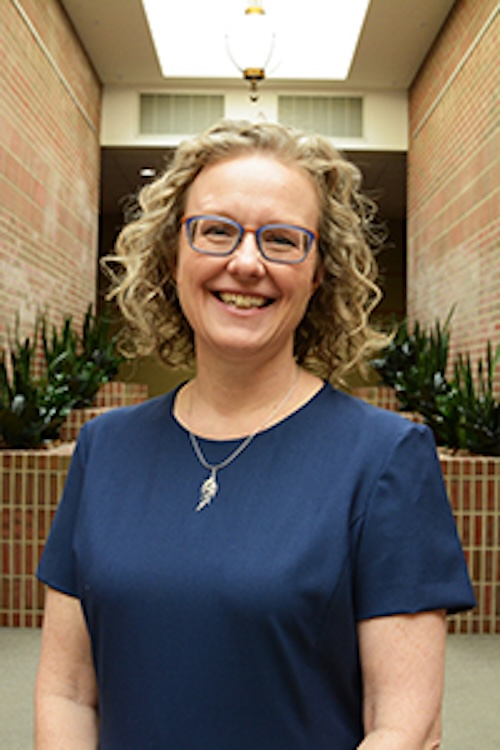This story is part of a series highlighting each of the MSU Law clinics – which have won life-changing cases for clients and have given students incredible starts to successful legal careers.
The Michigan State University College of Law’s Indian Law Clinic has received funding to continue its work of assisting tribes with enforcement of the law. The MSU clinic is the only law school clinic in the country that regularly represents tribes in both state and federal courts on Indian Child Welfare Act, or ICWA, cases.
Most recently, the clinic successfully represented four intervening tribes at the United States Supreme Court, while continuing to represent tribes in state appellate courts. To continue this work, the NoVo Foundation has provided $400,000 in funding for the next two years. The funding will allow the clinic to hire additional lawyers and administrative support to increase its capacity and provide more MSU law students with the opportunity to work on ICWA cases and take on more tribal clients.
Although the ICWA was passed by Congress in 1978 to prevent the removal of American Indian and Alaska Native children from their families, Native children today are disproportionately represented in the system at a rate 2.5 times higher than their population in the country. Helping keep Native children with their families and tribes is one reason the clinic’s work is so important.

“This funding will allow the clinic to work with more tribes in litigation as well as address additional policy needs, including advising on state ICWA laws, expanding the network of ICWA attorneys for tribes, and the creation of bench and bar educational materials,” said Kathryn E. Fort, director of the clinic.
The clinic is focused on supporting sustainable sovereignty for Native families and tribes and advocating for respect and decency for them. The staff’s deep knowledge of tribes and their systems means it can provide unparalleled support for tribes in both state and federal systems.
The reach and work of the clinic is national, representing tribes across the country and providing MSU law students with experience and connections across the country. Until this funding, the clinic operated with one clinical professor and one fellow.
Other work includes advocacy, such as participating in state ICWA legislation drafting and passage across the country, working with the federal government on new and innovative funding models to achieve equity in funding for tribal systems, and training social workers and jurists on ICWA and related state laws.
“I am thrilled with this significant support from the NoVo Foundation. For them to recognize the importance of the work of the Indian Law Clinic is gratifying. We look forward to expanding our work and meeting the needs of tribes and Native families,” Fort said.
For those who want to learn more about the clinic or who need assistance, visit the clinic’s website or contact the clinic at clinic@law.msu.edu or 517-432-6880.